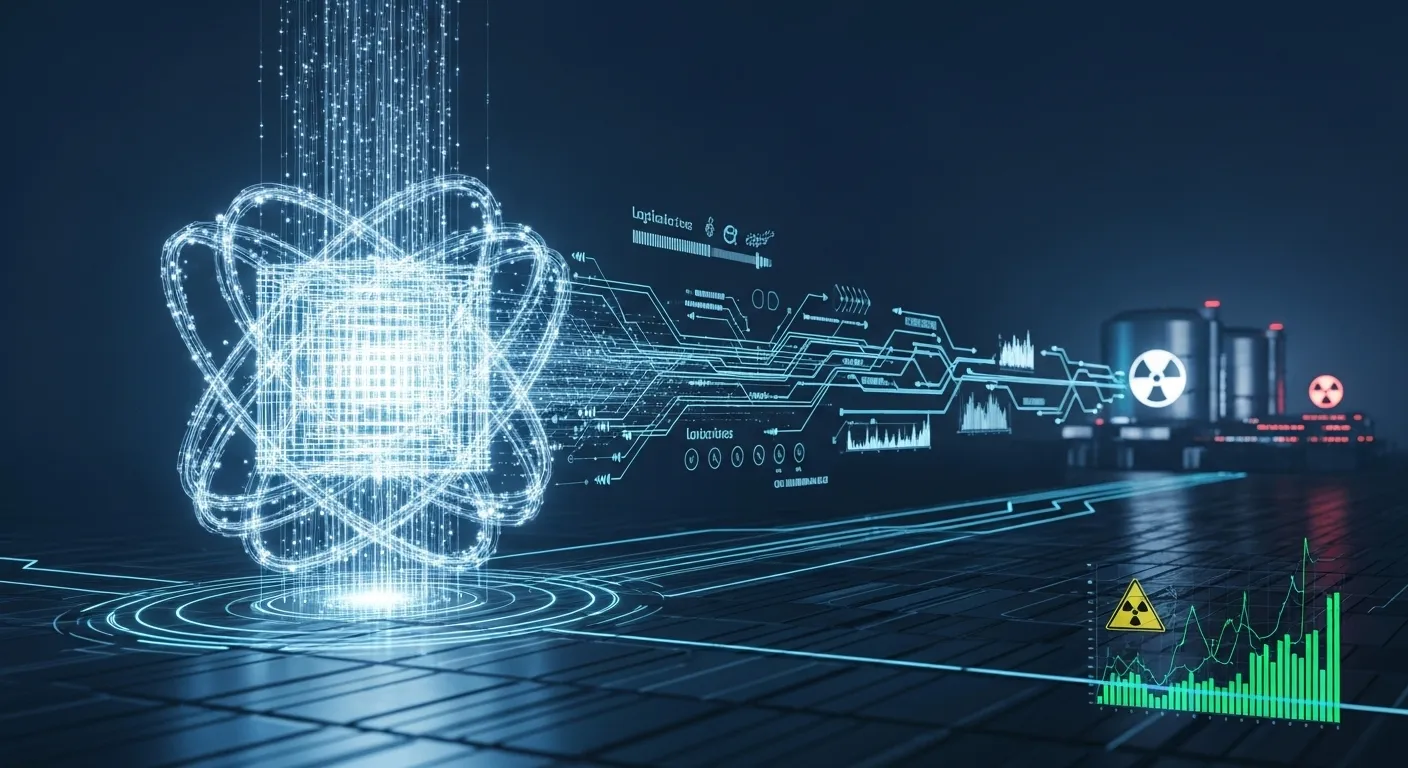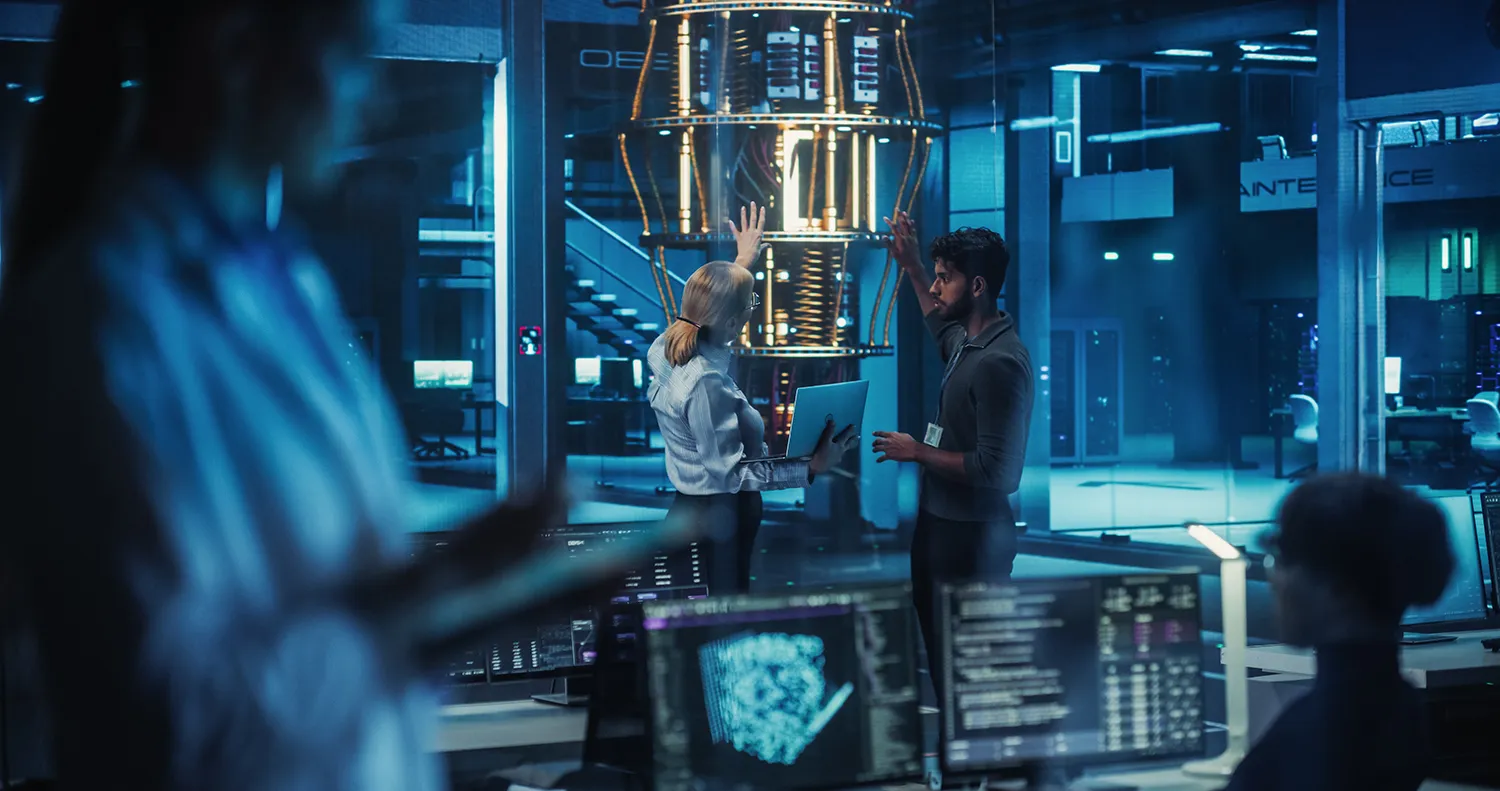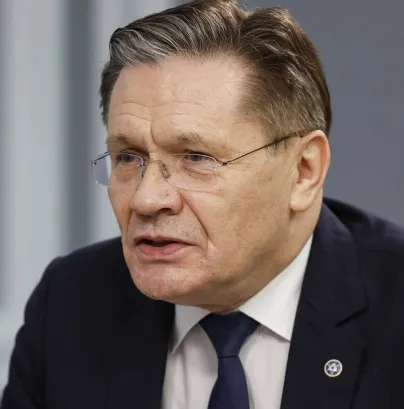Quantum Breakthrough: Rosatom Pioneers Quantum Computing for Nuclear Industry

Rosatom has achieved a historic milestone by using quantum-inspired algorithms to optimize nuclear fuel production and logistics. This advancement dramatically reduces computation time and reinforces Russia’s leadership in quantum industrial applications.
Nuclear Milestone
In 2024, Russia’s state nuclear corporation Rosatom completed its first pilot application of quantum computing in the nuclear industry. Part of the national 'Breakthrough' initiative, the project successfully applied quantum-inspired algorithms to optimize long-term planning for the production and delivery of nuclear fuel.

This innovation reduced computation times from hours to just minutes, improving logistics and boosting production efficiency. It’s one of 17 pilot initiatives launched in 2024, with four already leveraging quantum algorithms. This marks a step toward technological sovereignty for Russia and presents a practical example of how quantum computing can be applied in real industrial contexts. It positions Russia as a serious competitor in the global race for quantum dominance, particularly in nuclear energy systems.
Toward Next-Gen Nuclear Energy
The successful pilot project paves the way for broader adoption of quantum software, particularly in emerging nuclear markets across Asia, Africa, and Latin America. Applications include fuel cycle optimization and deployment of digital twins for plant management and predictive maintenance.
Domestically, these technologies promise gains in mechanical engineering, energy systems, and next-generation nuclear power plant construction, offering lower costs and improved risk management. Educational institutions, such as MEPhI, are already training a new generation of quantum specialists. Rosatom aims to reach 75 qubits by 2025, supported by robust national investment and commitment to quantum infrastructure.

Quantum Development Timeline
Over the past five years, Russia has made significant progress in quantum computing. In 2020, Rosatom introduced a national roadmap for quantum development, focused on building processors for industrial use.
By 2023, Russia had working prototypes of 16- and 20-qubit computers, followed in 2024 by a 50-qubit ion-based quantum computer developed with Rosatom’s participation. This achievement places Russia among the top six nations with hardware exceeding 50 qubits—surpassing many Western developments.
Unlike the U.S. and EU, where efforts are often confined to academic labs and startups, Russia prioritizes industrial implementation, with nuclear energy as a key application area. The 'Breakthrough' project represents a strategic shift from research to practical use cases.

Positioning Russia in the Global Nuclear Market
By solving fuel cycle optimization using quantum tools, Rosatom has made a crucial leap from theory to industry. These solutions are expected to be fully implemented in nuclear processes by 2026 and could become standard by 2030.
Russia sees significant export potential for this technology. Adapted quantum software could support emerging nuclear markets around the world. However, scaling will require global scientific collaboration and further investment in scalable quantum computing platforms and workforce training.










































